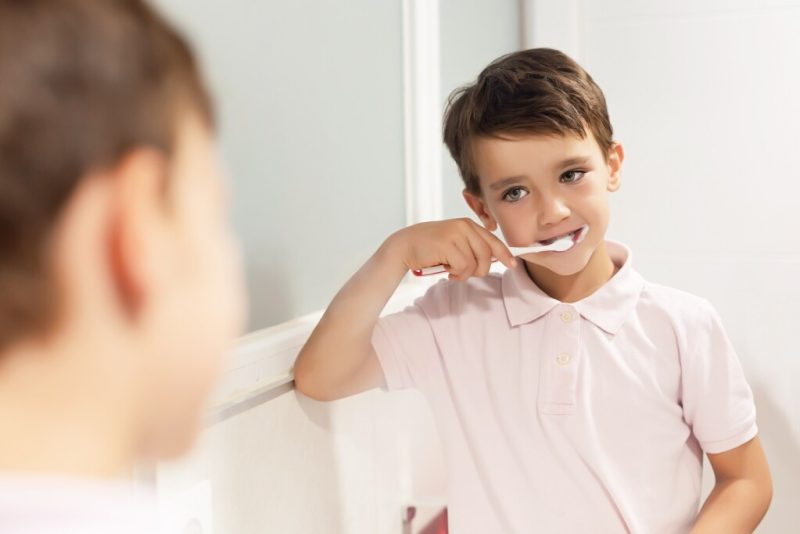What If You Don’t Brush Your Child’s Milk Teeth Every Day?
It is important for children to brush their teeth thoroughly, at least twice a day. If they do not have this habit from an early age it can lead them into problems such as dental moulds or cavities! Milk teeth are more vulnerable to cavities, and the cavity-causing bacteria are able to spread faster between them because of their thinner enamel cover. When children don’t brush their teeth regularly, they can end up with frequent tooth pain because of cavities and bad breath. These are just some examples on how not brushing your child’s Teeth could affect them in the future!
Brushing teeth is an important habit that can help keep your child’s oral health safe. Check out these ways you could encourage him in this goal!
1. Bond With Your Child While Brushing.
It is important for parents to set an example by brushing their teeth twice a day. Children will follow suit if they see that it’s something done regularly and with care, so make sure you keep up the good work!
2. Guide Him Through the Process.
The child should be taught how to brush their teeth in a sing-song way so they can learn the importance of covering all areas, including front to back and chewing surfaces. You could also talk about rinsing with water or using some toothpaste before finishing up by flossing The tongue needs special care as well!
3. Opt for a Fun Way.
In order to get your child interested in brushing their teeth, you can make a song out of it. Pick any music that he loves and has been listening to all day for hours on end this will motivate him more than anything else! While brushing, you can play that song and groove with your child. Buying him dental products like Colgate Kids toothbrushes which care for their milk teeth in the best way while engaging young ones by its flavours!
4. Use Storytime.
You can use storytime to teach your little munchkin about the importance of brushing their teeth every day and what will happen if they don’t. Using his favourite character in this fun-filled adventure, you’ll be able to convince him that it’s very important for them too!
5. Rewards
incentives work well with children. You can give your kid something extra, like when he starts brushing his teeth independently or not requiring reminders to brush them every day – but don’t make rewards the only reason they do!








